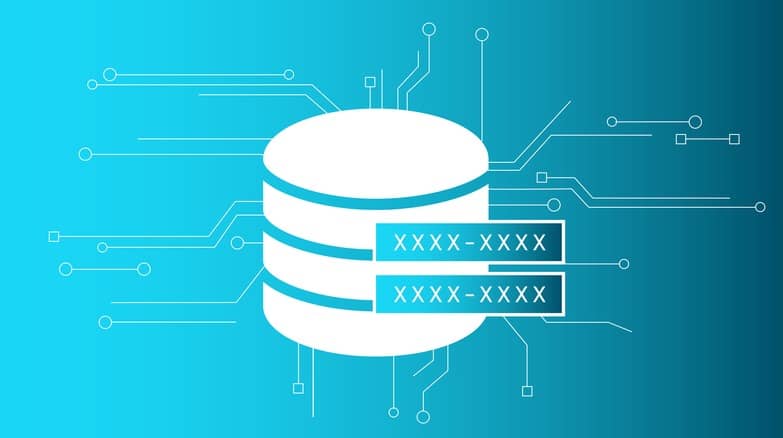Salesforce Data Masking: A Powerful Shield for Personally Identifiable Information
Data privacy is a fundamental concern in today’s digitized world, and the protection of Personally Identifiable Information (PII) has become a top priority for businesses of all sizes. The proliferation of data breaches in recent years has emphasized the importance of robust data protection measures. In the realm of customer relationship management (CRM), Salesforce, one of the market leaders, has taken a significant step towards bolstering data security with its feature: Data Masking. This article aims to explore Salesforce Data Masking, its effectiveness in protecting PII, and the other benefits it provides.
What is Salesforce Data Masking?
Data Masking is a data protection method that involves obfuscating sensitive information in non-production environments. Salesforce Data Masking is a managed package that helps businesses maintain data privacy by replacing sensitive data in sandbox environments with fictional but realistic data.
While production environments are typically well-protected with advanced security measures, sandbox environments, used for development, testing, and training, can often be overlooked in terms of data protection. Salesforce Data Masking helps ensure that sensitive data is not exposed in these non-production environments, mitigating potential data breach risks.
Safeguarding Personally Identifiable Information
In the context of PII, Salesforce Data Masking is particularly effective. It replaces actual customer data with fictitious yet format-consistent data. For instance, an email address like john.doe@example.com may be replaced with random.characters@example.com. This process makes it impossible to identify the original data or link it back to an individual, thereby protecting privacy.
Salesforce Data Masking offers three levels of masking: anonymization, pseudonymization, and deletion. Anonymization irreversibly transforms the data, making it impossible to re-identify the individual. Pseudonymization replaces identifiable data with artificial identifiers, preserving the utility of the data for testing or analysis purposes. Deletion removes the data entirely. These options give businesses flexibility in how they protect PII, based on their specific needs and regulatory requirements.
Additional Benefits of Salesforce Data Masking
Compliance with Data Protection Regulations
Apart from protecting PII, Salesforce Data Masking helps businesses comply with various data protection regulations, such as the General Data Protection Regulation (GDPR) and the California Consumer Privacy Act (CCPA). These regulations have stringent rules around the handling of personal data, and non-compliance can result in hefty fines. By anonymizing, pseudonymizing, or deleting sensitive data in non-production environments, businesses can avoid potential legal complications.
Maintaining Data Utility
Despite replacing real data, Salesforce Data Masking preserves the structural integrity and format of the data. This means that developers and testers can work with data that behaves like real data, without compromising its confidentiality. This feature is especially useful for testing processes, as it allows for realistic scenario testing without exposing real customer data.
Reducing Data Breach Risks
By removing sensitive data from non-production environments, Salesforce Data Masking significantly reduces the risks associated with data breaches. Even in the event of a security incident in a sandbox environment, the masked data would be of no use to malicious actors, as it could not be linked back to real individuals.
Enhancing Brand Reputation
In an era where consumers are increasingly aware of their data rights, demonstrating commitment to data privacy can enhance a brand’s reputation. By using a tool like Salesforce Data Masking, businesses can show their customers that they take data protection seriously, fostering trust and loyalty.
In conclusion, Salesforce Data Masking is an invaluable tool for protecting PII and adhering to data protection regulations. By masking sensitive data in non-production environments, it reduces data breach risks, maintains data utility, and can even contribute to a business’s brand reputation.
